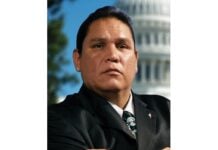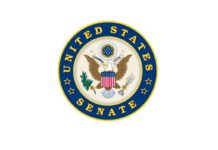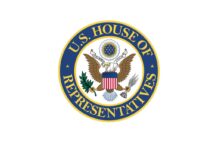SACRAMENTO, CA – A coalition of seven prominent California tribal nations has initiated legal action against over 100 California card rooms and associated third-party providers for alleged violations of state gambling laws. The lawsuit, filed in the Superior Court of California, Sacramento County, under the recently enacted Tribal Nations Access to Justice Act (SB 549), seeks to uphold the tribes’ exclusive rights to offer banked games such as blackjack, baccarat, and pai gow.
The plaintiffs include the Agua Caliente Band of Cahuilla Indians, Barona Band of Mission Indians, Pechanga Band of Indians, Sycuan Band of the Kumeyaay Nation, Viejas Band of Kumeyaay Indians, Yocha Dehe Wintun Nation, and Yuhaaviatam of San Manuel Nation. Together, these tribes are asserting their sovereign rights to protect their gaming exclusivity, a critical component of their economic self-reliance and the foundation of tribal-state compacts negotiated under California law.
Key Allegations
The lawsuit alleges that numerous California card rooms and their third-party proposition player service providers are offering “banked” games that are explicitly prohibited under the California Constitution, the California Penal Code, and judicial precedent. Banked games – where players bet against a central entity, often referred to as the “house” – have long been the exclusive right of California tribal casinos as part of their agreements with the state.
Legal Context
The Tribal Nations Access to Justice Act, effective January 1, 2025, provides a legal framework for tribes to challenge the legality of certain card room gaming operations. The act aims to resolve a decade-long dispute over whether card rooms’ games violate tribal gaming rights and state law. The plaintiffs are seeking declaratory and injunctive relief to halt what they describe as “exploitative abuses” by the defendants.
Plaintiffs’ Perspective
The complaint details how card rooms have circumvented California’s prohibition on banked games by leveraging third-party proposition player services. These entities assume the banking role at card room tables, a practice that plaintiffs argue creates a gaming environment indistinguishable from house-banked games offered in Nevada or New Jersey casinos.
“California’s prohibition on banked games in card rooms can’t be just another broken promise to California’s Indian tribes,” said Adam Lauridsen, Keker, Van Nest & Peters, an attorney for tribes filing the action under the Tribal Nations Access to Justice Act. “The California Constitution grants tribes the exclusive right to offer blackjack, baccarat, and other banked games in tribal casinos. As part of exercising their rights, tribes have collectively contributed hundreds of millions to the California state budget through gaming-compact payments and provided crucial services to broad communities. Card rooms have brazenly rejected this voter-approved framework and instead forged ahead with offering illegal Vegas-style games.”
Economic and Cultural Implications
The tribes’ exclusive gaming rights have been pivotal in fostering economic development, funding essential services, and preserving cultural heritage. The legal action underscores the importance of maintaining this exclusivity as a matter of tribal sovereignty and economic justice.
About the Tribal Nations
The plaintiff tribes represent a diverse coalition of federally recognized sovereign nations, each with a storied history and deep commitment to their communities. Collectively, they operate some of the state’s most successful tribal casinos, generating substantial economic benefits for tribal and non-tribal communities alike.
Next Steps
The case will be heard in the Sacramento Superior Court, as mandated by the Tribal Nations Access to Justice Act. The tribes have expressed their readiness to pursue the matter vigorously to ensure compliance with California’s gaming laws and the preservation of their rights.















































